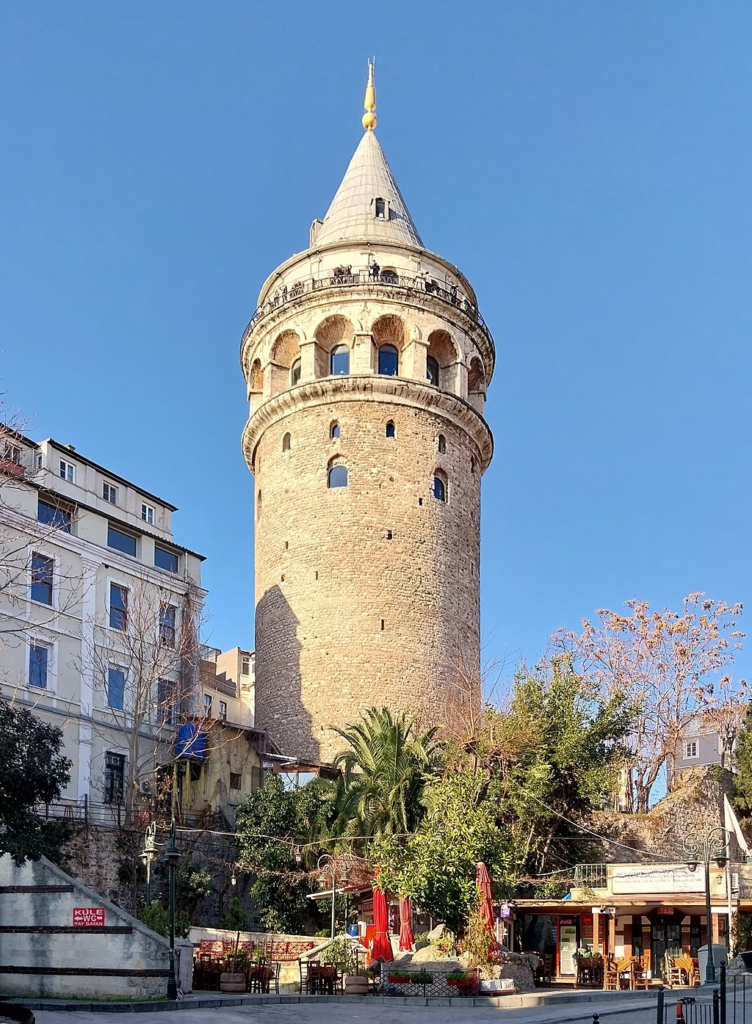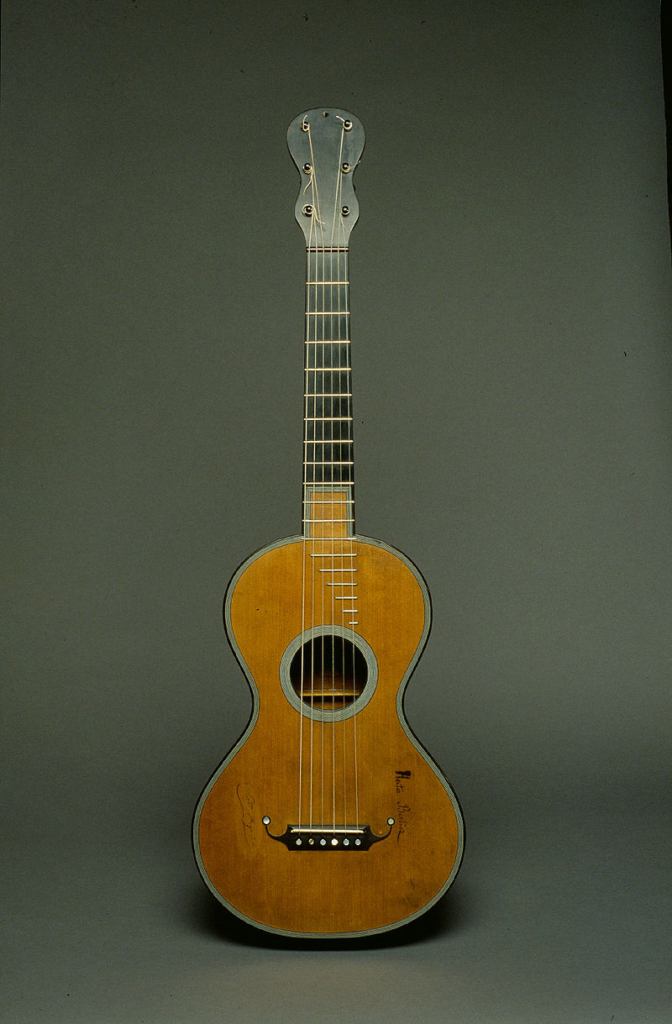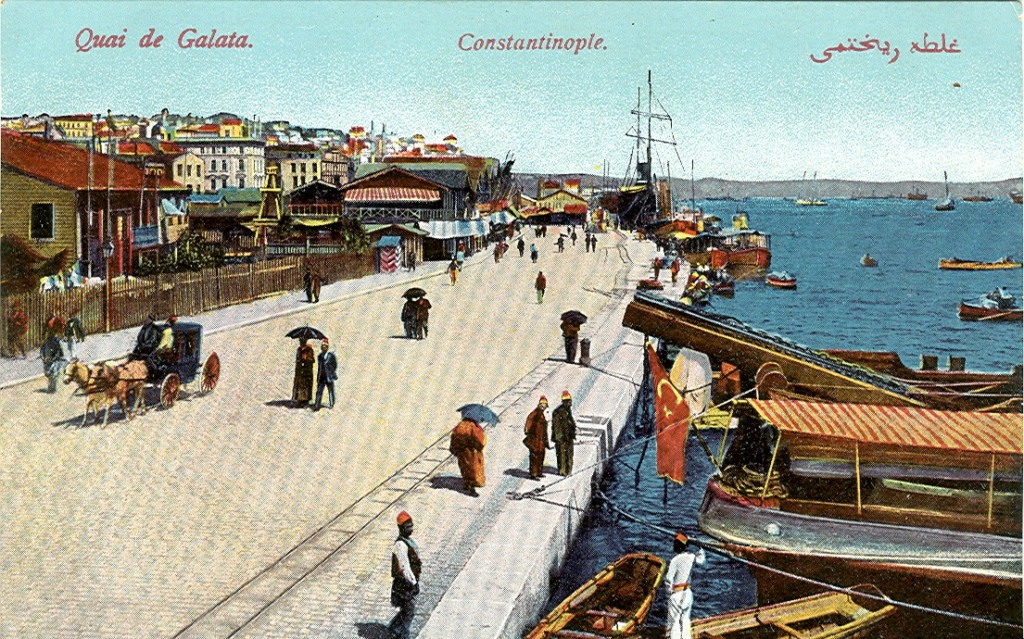Mario Parodi - Ottoman-born Italian Guitar Maestro

By: Ralph I. Hage / Arab America Contributing Writer
Mario Parodi was an Italian classical guitarist. But he wasn’t just any guitarist. He was one of the most talented to have ever played. What linked him to the Arab world was the place of his birth–the Ottoman Empire, which at that time encompassed parts of the Arabian Peninsula, as well as territories that now form modern-day countries such as Iraq, Syria, Lebanon, Palestine, and Jordan.
Early Life

He was born in Istanbul (then Constantinople) in 1917 to a Genoese father. The Genoese community was present there in the early 20th century due to their long history of establishing trade and settlements in the city, dating back to the Byzantine era and continuing under Ottoman rule. They had established a significant Genoese quarter, Galata, and maintained a strong presence as traders and merchants.
The Guitar

During his years there, he initially taught himself to play the guitar. Later, he acquired a solid foundation in counterpoint, harmony, and interpretation from pianists who likely adhered to the school of Franz Liszt. It’s worth noting that several Turkish pianists studied or drew inspiration from Liszt following his 1847 visit to Istanbul, which left a lasting legacy in the country.
For this reason, he learned the art of interpretation, which involved managing time, employing rubato, and anticipating and postponing notes. In his work, sound was treated as something to be shaped, much in line with the poetic touches of the late romantic pianists.
Later Life

From 1950 onwards, he lived in Argentina, where he married and had a daughter, Silvia Parodi, who also became a guitarist. Details about his life beyond these facts are scarce, and he seemed to have immersed himself in the world of guitarists in South America until he died in 1970. Given the scarcity of biographical information about him, his recordings serve as small fragments of his life and as a testament to his refined and poetic approach to interpretation. Try listening to Parodi’s interpretation of Liszts’s ‘Liebestraum No. 3’ for yourself and see if it tugs at your heartstrings.
Ralph Hage is a Lebanese American architect who divides his time between Lebanon and the United States.
Want more articles like this? Sign up for our e-newsletter!
Check out our blog here!








